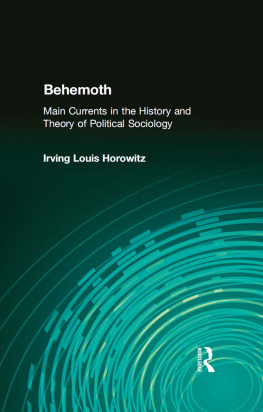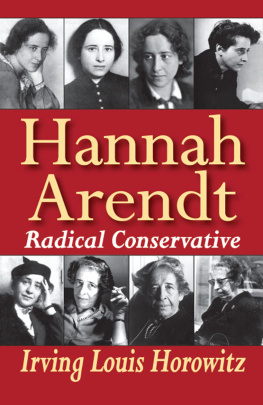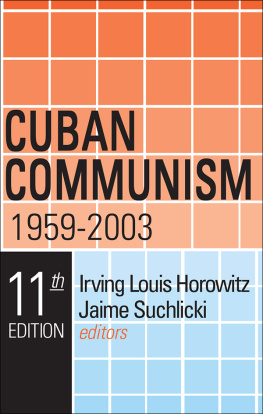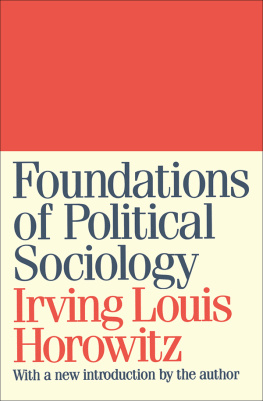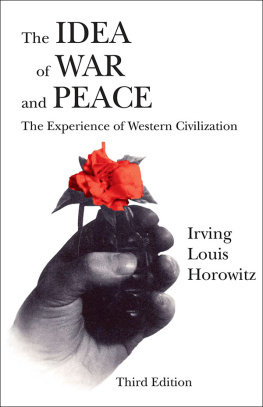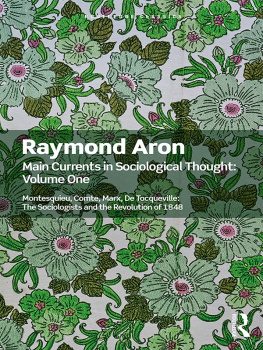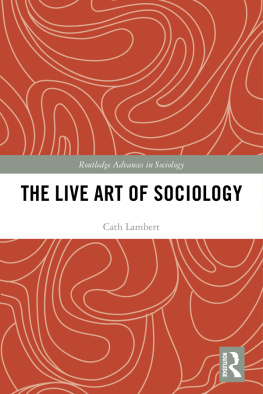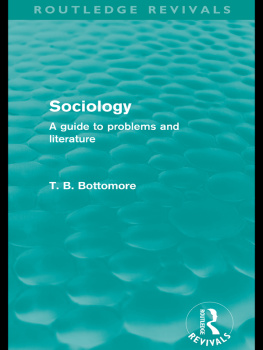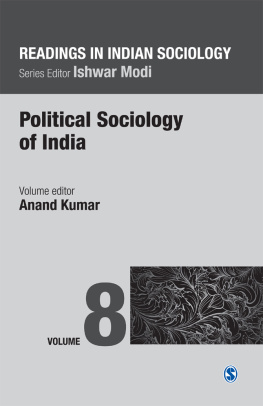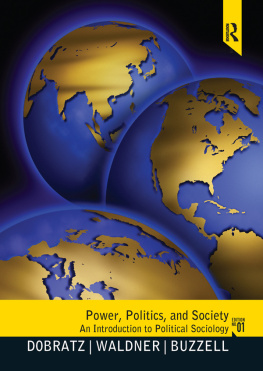BEHEMOTH
Authored by Irving Louis Horowitz
The Idea of War and Peace
Radicalism and the Revolt Against Reason
Science, Philosophy and the Sociology of Knowledge
The War Game
Three Worlds of Development
Beyond Empire and Revolution
The Knowledge Factory (with W.H. Friedland)
Israeli Ecstasies and Jewish Agonies
Professing Sociology
Social Science and Public Policy in the United States (with J.E. Katz)
Foundations of Political Sociology
The Struggle is the Message
Ideology and Utopia in the United States
Dialogues on American Politics (with S.M. Lipset)
Winners and Losers
C. Wright Mills: An American Utopian
The Conscience of Worms and the Cowardice of Lions
Daydreams and Nightmares
The Decomposition of Sociology
Taking Lives
Communicating Ideas
Edited by Irving Louis Horowitz
Sociology of Knowledge (in Spanish)
American Social Issues: The Troubled Conscience
The New Sociology
Masses in Latin America
Latin America Radicalism (with Josu de Castro and John Gerrassi)
Cuban Communism
Sociological Realities (with Mary Strong and Charles Nanry)
The Rise and Fall of Project Camelot
Science, Sin and Scholarship
The Anarchists
Power, Politics and People
Social Men and Social Movements (in Spanish)
Sociology and Pragmatism
American Working Class in the 1980s (with M. Oppenheimer and J. Leggett)
Revolution in Brazil
Ethics, Science and Democracy (with H.S. Thayer)
Constructing Policy
Equity, Income and Policy
BEHEMOTH:
Main Currents in the History and Theory of Political Sociology
Irving Louis Horowitz

First published 1999 by Transaction Publishers
Published 2017 by Routledge
2 Park Square, Milton Park, Abingdon, Oxon OX14 4RN
711 Third Avenue, New York, NY 10017, USA
Routledge is an imprint of the Taylor & Francis Group, an informa business
Copyright 1999 by Taylor & Francis.
All rights reserved. No part of this book may be reprinted or reproduced or utilised in any form or by any electronic, mechanical, or other means, now known or hereafter invented, including photocopying and recording, or in any information storage or retrieval system, without permission in writing from the publishers.
Notice:
Product or corporate names may be trademarks or registered trademarks, and are used only for identification and explanation without intent to infringe.
Library of Congress Catalog Number: 98-45322
Library of Congress Cataloging-in-Publication Data
Horowitz, Irving Louis.
Behemoth : main currents in the history and theory of political sociology / Irving Louis Horowitz.
p. cm.
Includes bibliographical references and index.
ISBN 1-56000-410-X (cloth: alk. paper).ISBN 0-7658-0627-4 (pbk.: alk. paper)
1. Political sociologyHistory. I. Title.
JA76.H66 1999
306.201dc21
98-45322
CIP
ISBN 13: 978-0-7658-0627-7 (pbk)
Neither anarchy nor tyranny, my people.
Worship the Mean, I urge you,
shore it up with reverence and never
banish terror from the gates, not outright,
Where is the righteous man who knows no fear?
The stronger your fear, your reverence for the just,
the stronger your countrys wall and citys safety.
Athenas instructions to the jury, from Aeschylus Oresteia
Contents
In recognizing the assistance provided by others, we tend to pay our respects to people who have had a hands-on connection with the particular manuscript at hand. But before I do so, it is only right and fair to point out to critical influences along the way and in diverse places whose own efforts at understanding the relationship of state and society played a part.
There were my wise teachers at the City College of the City University of New York, especially Samuel Hendel in political science, Henry Magid in philosophy, and Michael Krause in history, who held high the banner of liberal learning as well as objectivity in study. They did so against the tremendous rush of ideological extremism that was as pandemic in the 1940s as it was in the 1990s. The debt I owe to my mentor Abraham Edel is expressed in a festschrift whose title: Ethics, Science, and Democracy conveys much of what that mighty figure has contributed not just to me but to countless generations of CCNY and University of Pennsylvania students.
A quartet of figures at Columbia University followed my undergraduate years: Horace Friess in ethics, John Herman Randall in the history of philosophy, Joseph Blau in American Studies, and Paul Oskar Kristeller in Medieval and Renaissance Studies, and Herbert W. Schneider, the most wordly philosopher Columbia ever produced. More in retrospect than at the time, they gave philosophical meaning to wide-ranging social and political issues, and did so with a deep appreciation of history sorely lacking in purely normative studies of politics and social structure.
To this list must be added the extraordinary impact and support of Gino Germani, Enrique Butelman, and Mario Bunge of the University of Buenos Aires. Their work had a freshness and solidity that derived not just from an empirical emphasis, but were examples of how unfettered minds can come up with important new insights in looking at a world much studied. They were also men in the world as well as students of the world. Indeed, their work at Editorial Paidos, and in assisting the birth of the University Press, became part of a seamless effort at disseminating as well as teaching social science. Their example in this connection was not lost on me. My largest debt is to Mario Bunge, now at McGill University in Canada, whose courageous political observations perhaps equal his acumen in the philosophy of science. It was an epistolary relationship during the dark days of Peronism that brought to me to Buenos Aires in the late 1950s on not much more than pure chance.
While my year at Brandeis University was not a simple one, I again had the great good fortune of studying with extraordinary individuals. Frank Manuels rigorous sense of staying close to the text; Paul Radins naturalistic ability to give meaning to sophisticated myths of primitive peoples; Lewis A. Cosers vast and generous sense of the historical mooring of social theory; Eugene V. Walters pioneering work in the anthropology of violence and state terror, made a deep impression on me. I confess that such a cumulative impact seems stronger in retrospect than it appeared at the time. Without such figures, the world of learning would be a barren place. The initial cohort assembled at the start-up of Brandeis was something special.
In each institution of higher learning that I taught special individuals who were not only colleagues but also mentors entered my life, nearly all of whom had much to say about the relationship of state and society in a variety of guises. At Bard College there were Gerard DeGr and Frank Riessman, occupying opposite ends of the political spectrum, but wise beyond their own years. I also had the chance to meet wonderful and enormously talented literary figures like Ralph Ellison whose booming voice lecturing on Russian classical literature was next door to my own class, and Eugene Goodheart, whose name tells it all.
At Hobart & William Smith, where I had my first taste in administering a department, I formed a special bond with Maynard Smith, whose quiet sense of America as a decent place because it is a decent polity finally penetrated my conscience. Without raising his voice above a whisper he managed to rattle my cage of political certitudes. Young C. Kim, who went on to found Asian Studies at Georgetown University, was a different sort of political scientist, but no less an impressive one. George Walsh in philosophy had a droll manner that could hardly disguise his erudition. That each of them went on to become Transaction authors indicates the strong and lasting impression these colleagues had on my own evolution.
Next page
